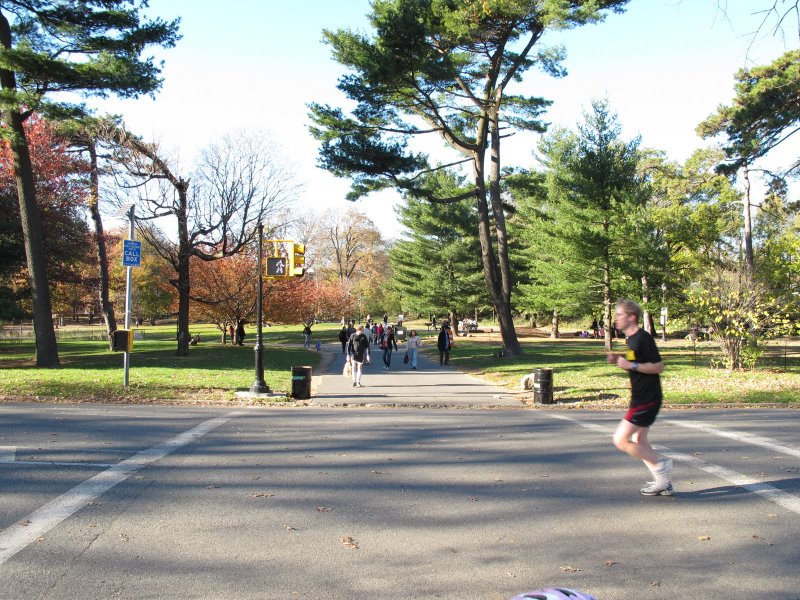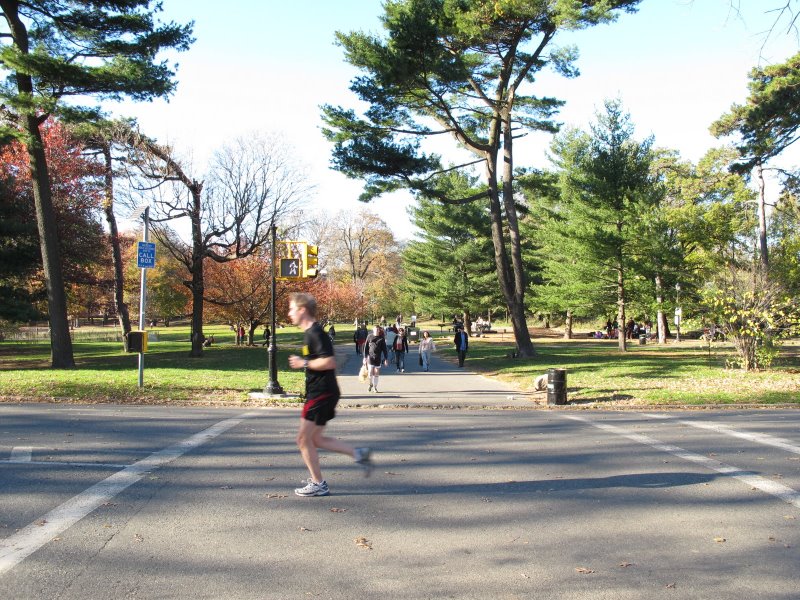 This is an engaging, if verbose, article in the NYT about logical paradoxes.
This is an engaging, if verbose, article in the NYT about logical paradoxes.
http://opinionator.blogs.nytimes.com/2010/11/28/paradoxical-truth/
There’s not much new ground covered here, but the author touches on some of the classics–the Liar’s Paradox (Is the statement “This sentence is false” true or false?), Zeno’s Paradox (you’ll never get from point A to point B because first you have to get halfway to B, say C, then halfway between C and B, say D, and so on).
The author notes that writers and philosophers love paradoxes. Students love paradoxes, too. It’s always enjoyable making a student act out Zeno’s paradox by making them get infinitely close to the board, or arguing about whether there are more even numbers or integers. And of course, everyone loves arguing about whether .999999999…. really equals 1 .
Another nice feature of this article is that the Comments section itself demonstrates a paradox: hundreds of people with nothing to say, saying plenty. It reminds me a lot of being in Philosophy class.
 This is the arithmetic portion of the MIT Entrance exam from 1869:
This is the arithmetic portion of the MIT Entrance exam from 1869:



